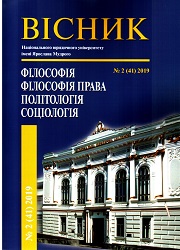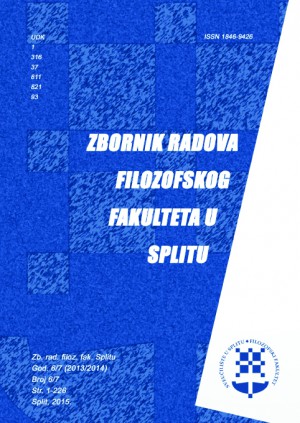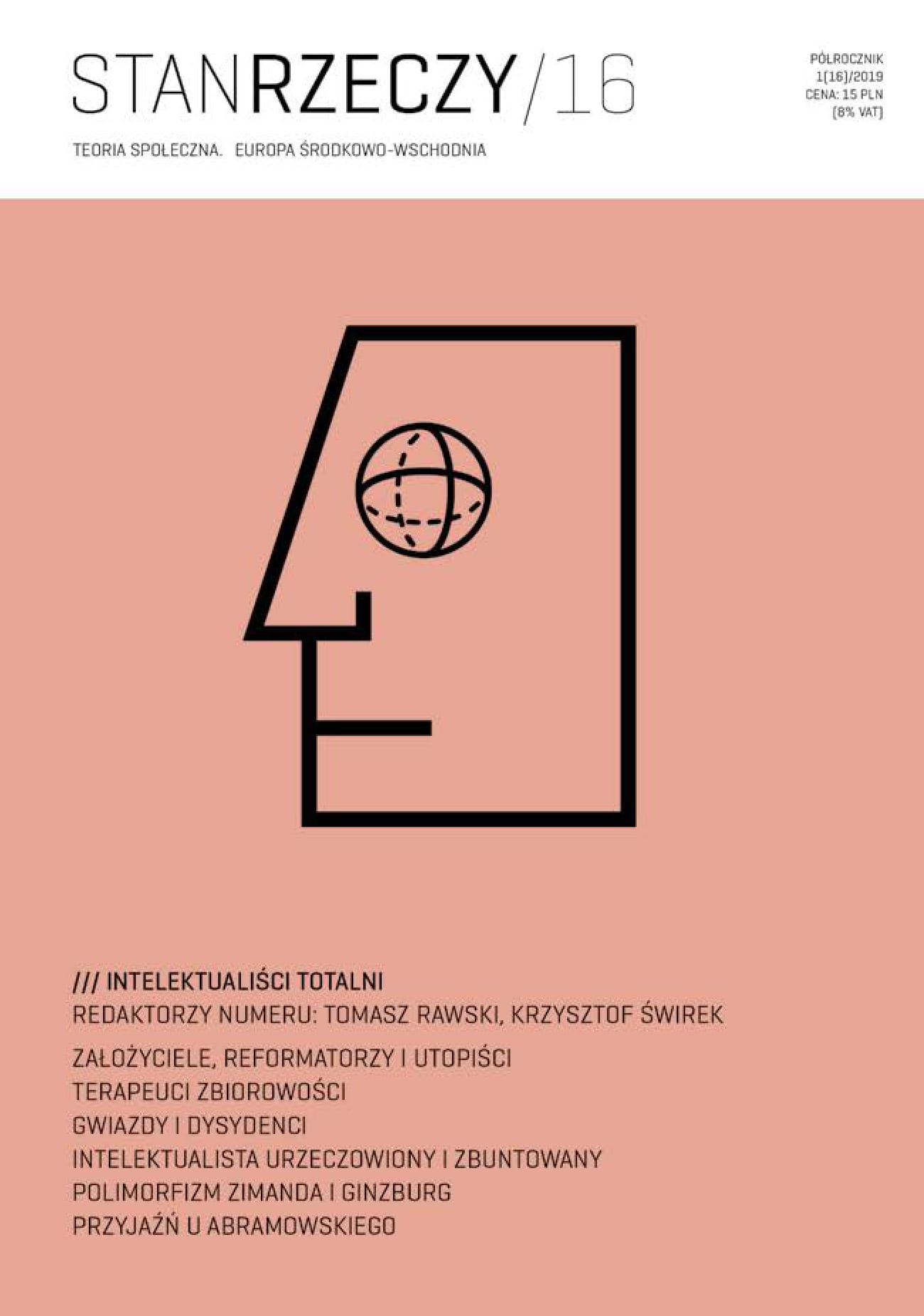Author(s): Dariusz K. Chojecki / Language(s): Polish
Issue: 3/2015
The article presents the causes and spatial differences of infant mortality in eastern Prussia densely populated by the Polish, and the changes that phenomenon was subject to. The research has been carried out mainly on the numeric data juxtaposed and published by Dr Behr-Pinnow, on official statistical material (Preußische Statistik, Statistikdes Deutschen Reichs, Veröffentlichungen des Kaiserlichen Gesundheitsamts) and on unpublished archival material, first of all reports of Regierungsbezirk presidents. Infant mortality has been analysed at three levels of data aggregation: provinces, Regierungsbezirke, counties (Kreise). In the research the following devices have been used: coefficients, averaging of several years, (dis)similarity rates of structures (the reference standard – Regierungsbezirk Aurich), weighted linear regression, cartograms (grouping based on median absolute deviation). The article depicts the tendency for infant mortality in the ‘Polish’ Regierungsbezirke of Prussia, which deteriorated at the beginning of the 20th century, and a significant spatial diversification of the phenomenon in question, which was related to the way of farming (especially in the region of Żuławy Wiślane and the Vistula valley); however, the research has not provided any conclusive evidence of a link between a high infant mortality rate in the area in question and the socio-professional structure, the level of affluence or the infrastructure. On the other hand, thanks to linear regression models it has been proved that the intensity of infant mortality in counties depended on the ethnic composition to a significant degree (the faith did notplay any role). Parallel to an increase of the Polish- and Kashubian-speaking populations (those populations – it is worth mentioning – usually enjoyed lower socio-economic status compared to their German-speaking neighbours) the infant mortality rate was generally decreasing. It was at the lowest level in Greater Poland, in the counties of Kościan, Gostyn and Śmigiel (where the dominant population was Polish, Catholic and rural). All in all, it is justified to say that the Polish- and Kashubian-speaking populations that were less advanced in demographic transformation compared to their German-speaking neighbours, even before institutionalising social welfare, provided better care for babies and guaranteed a lower infant mortality rate, first of all thanks to the general and longer breastfeeding.
More...
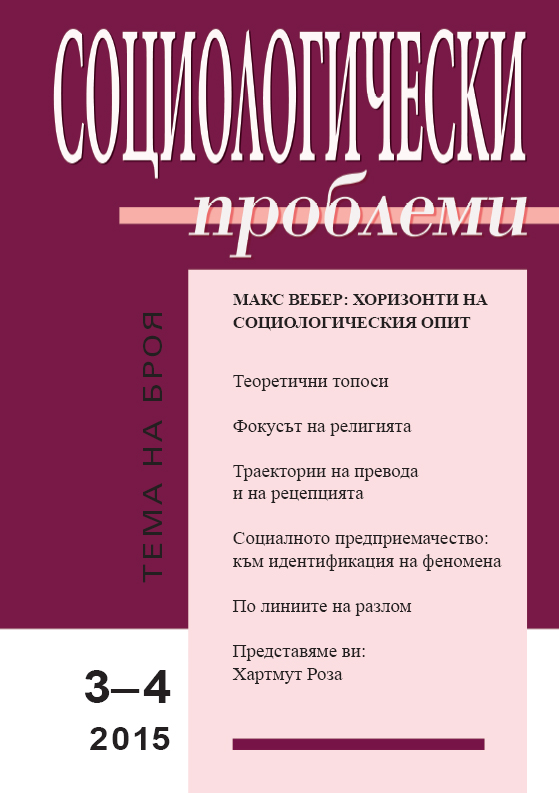

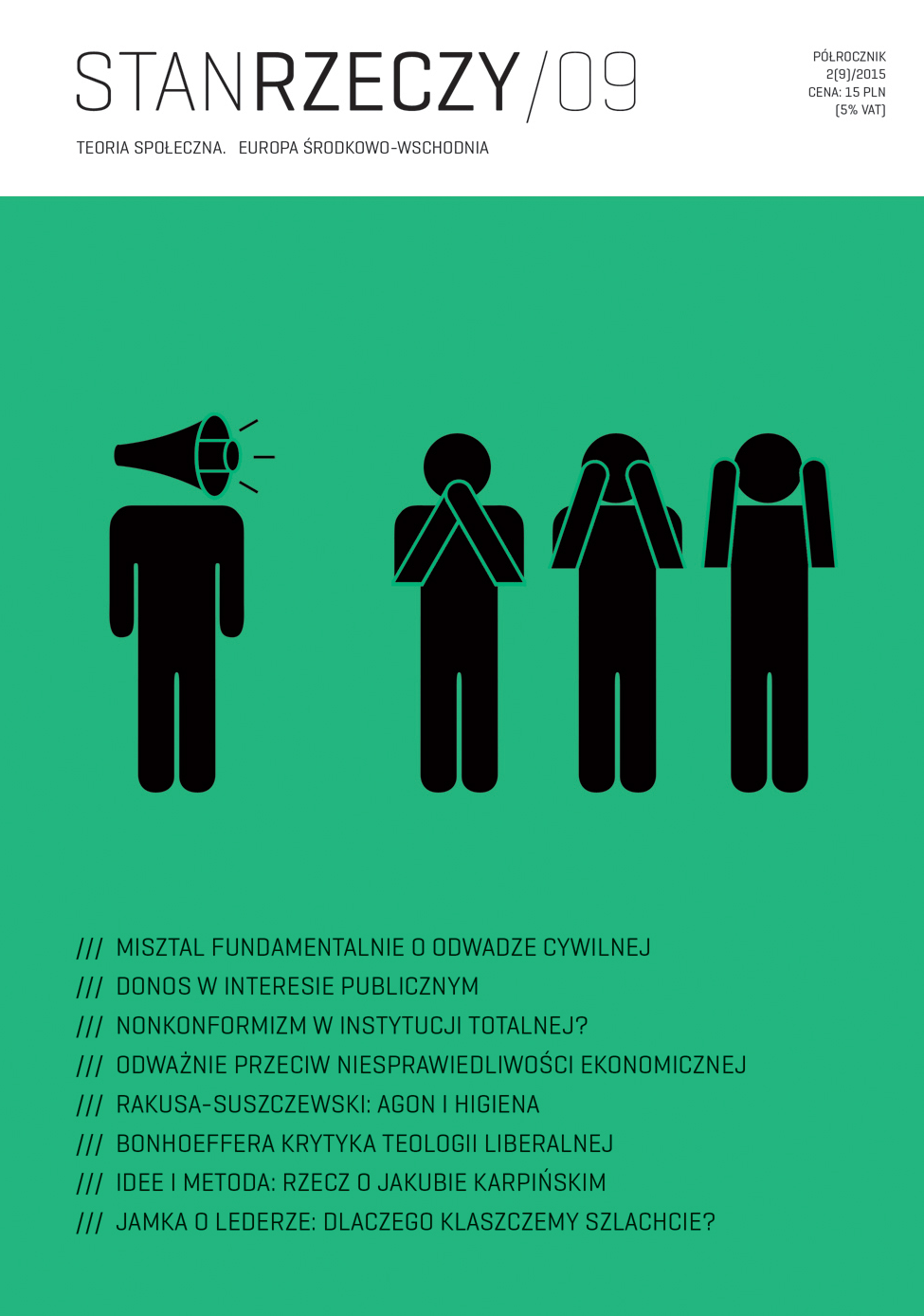
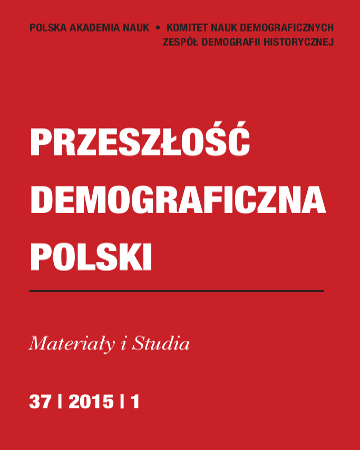
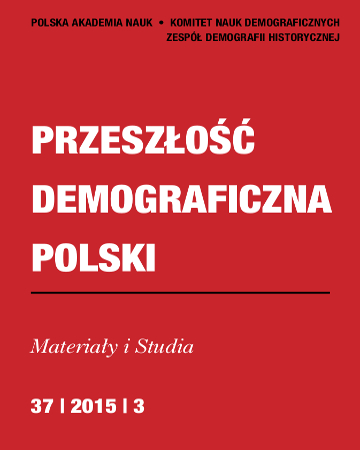
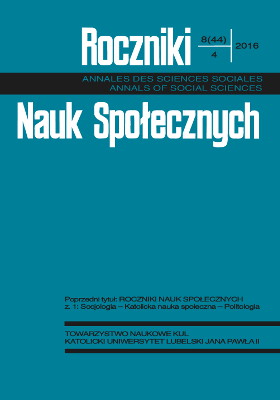

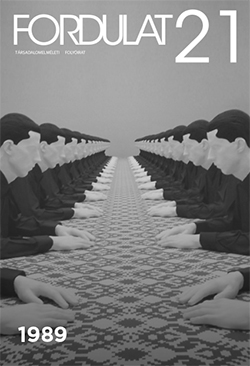
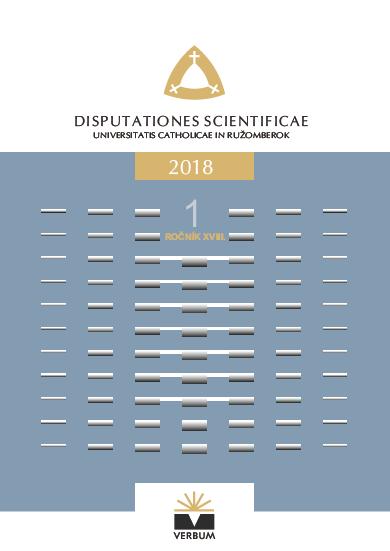
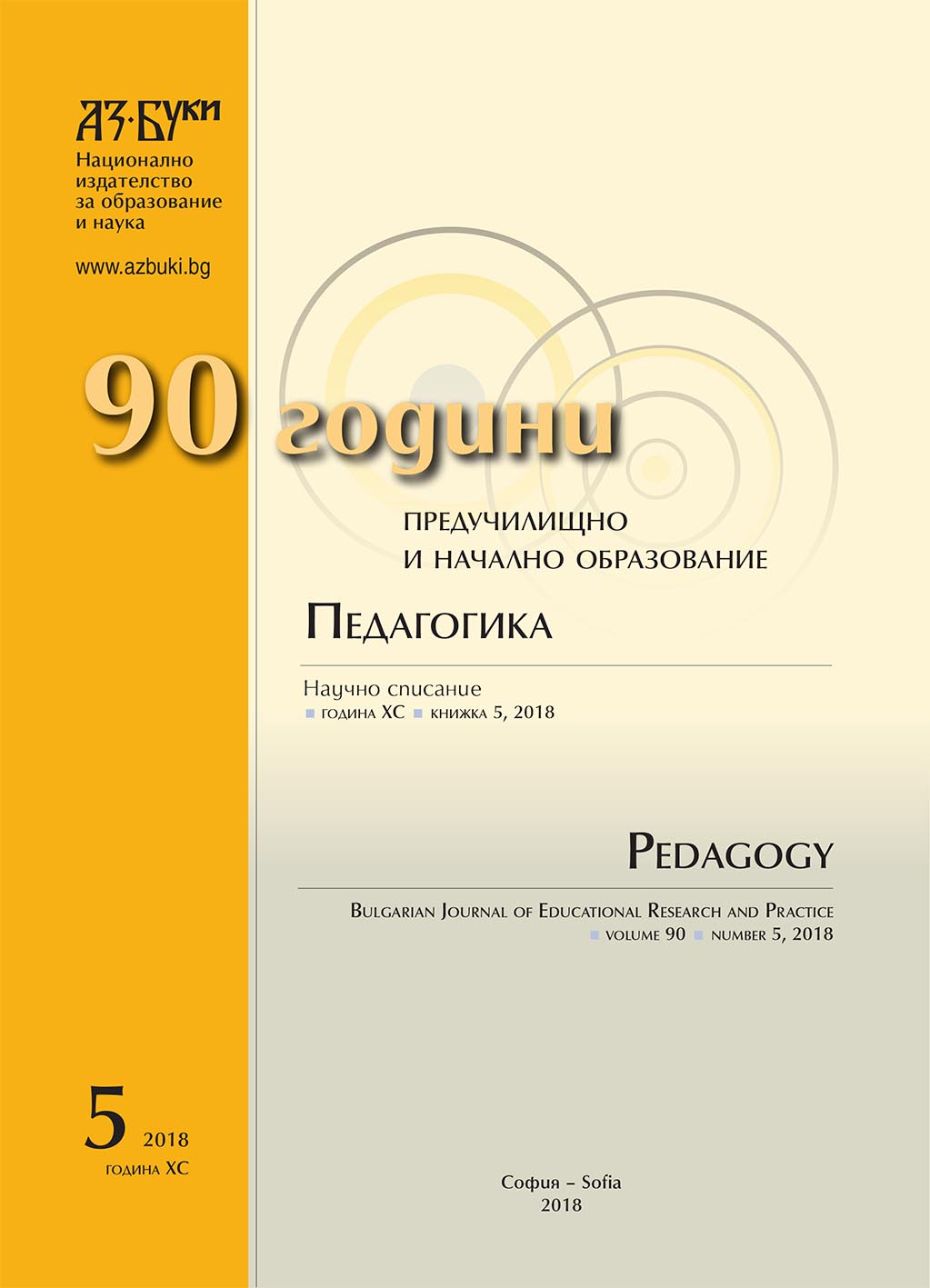
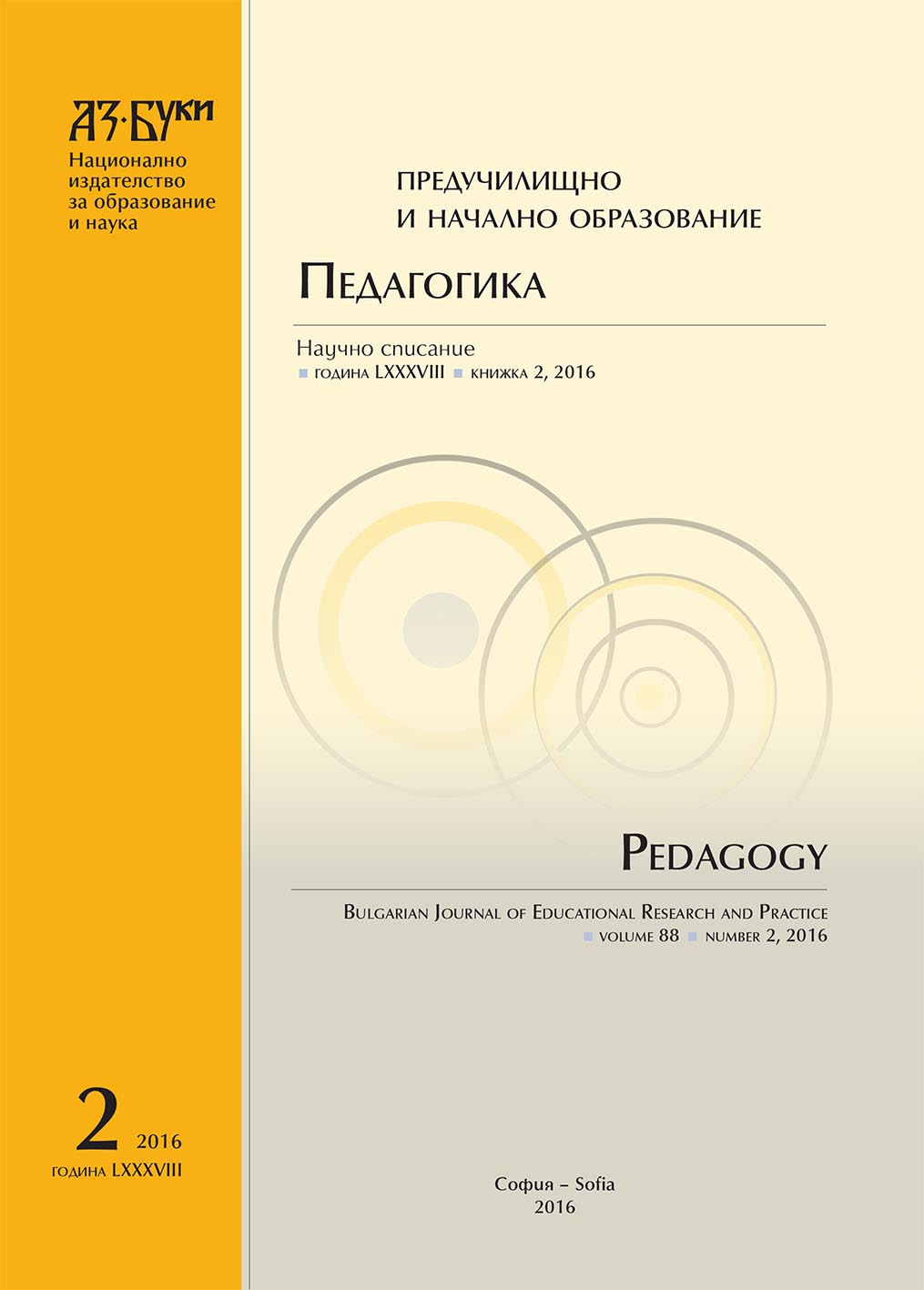
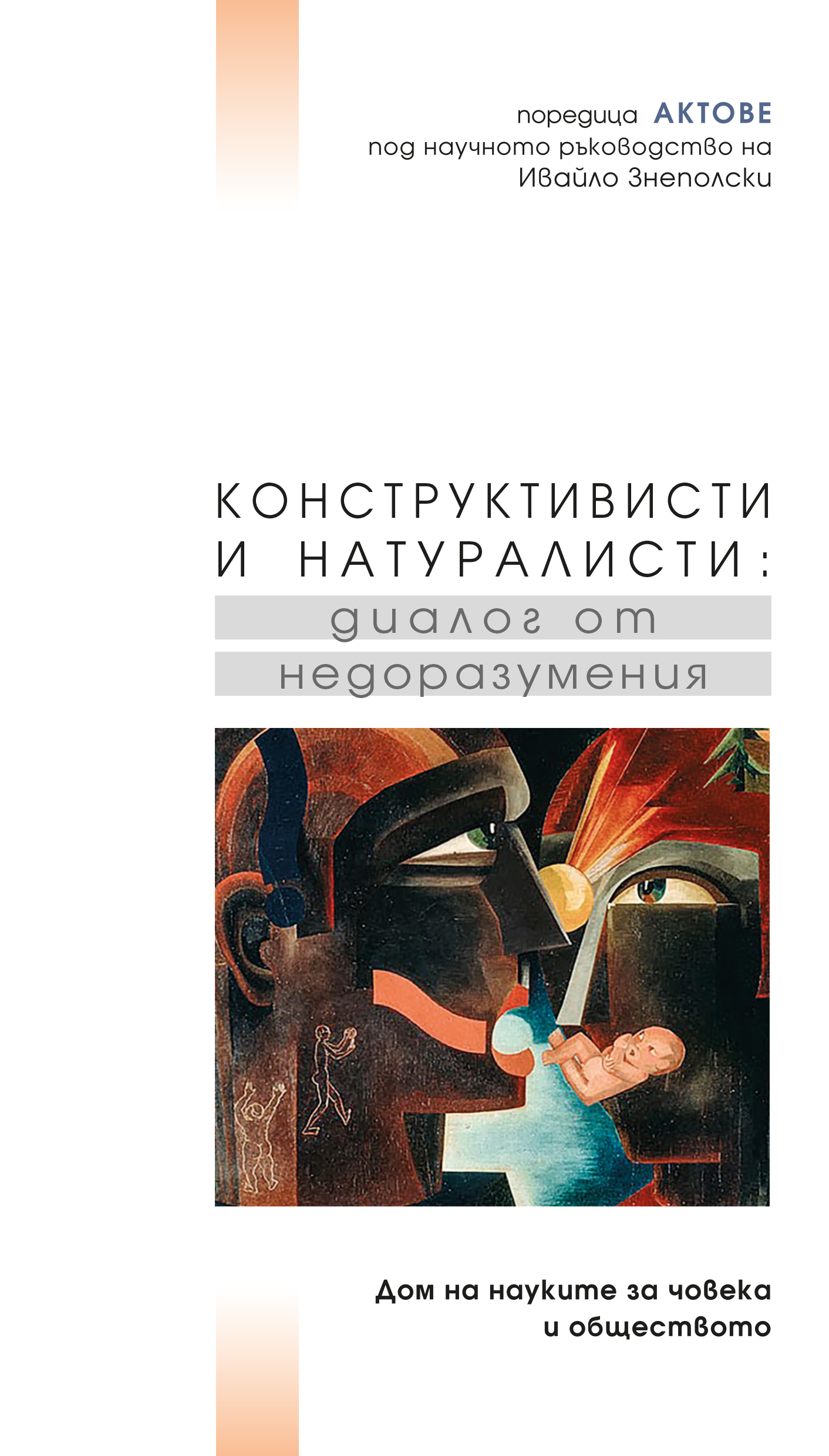
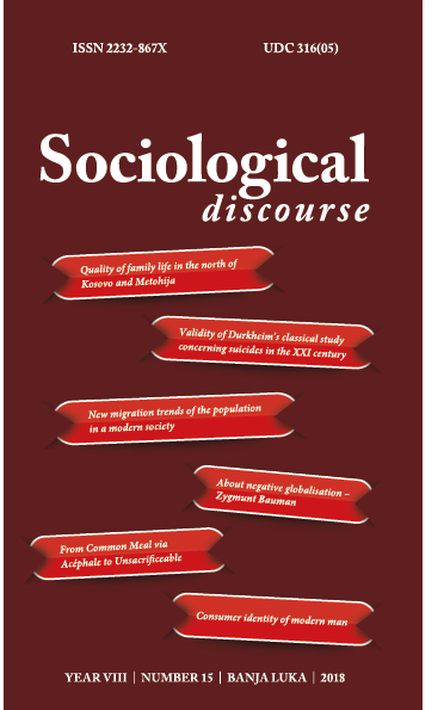
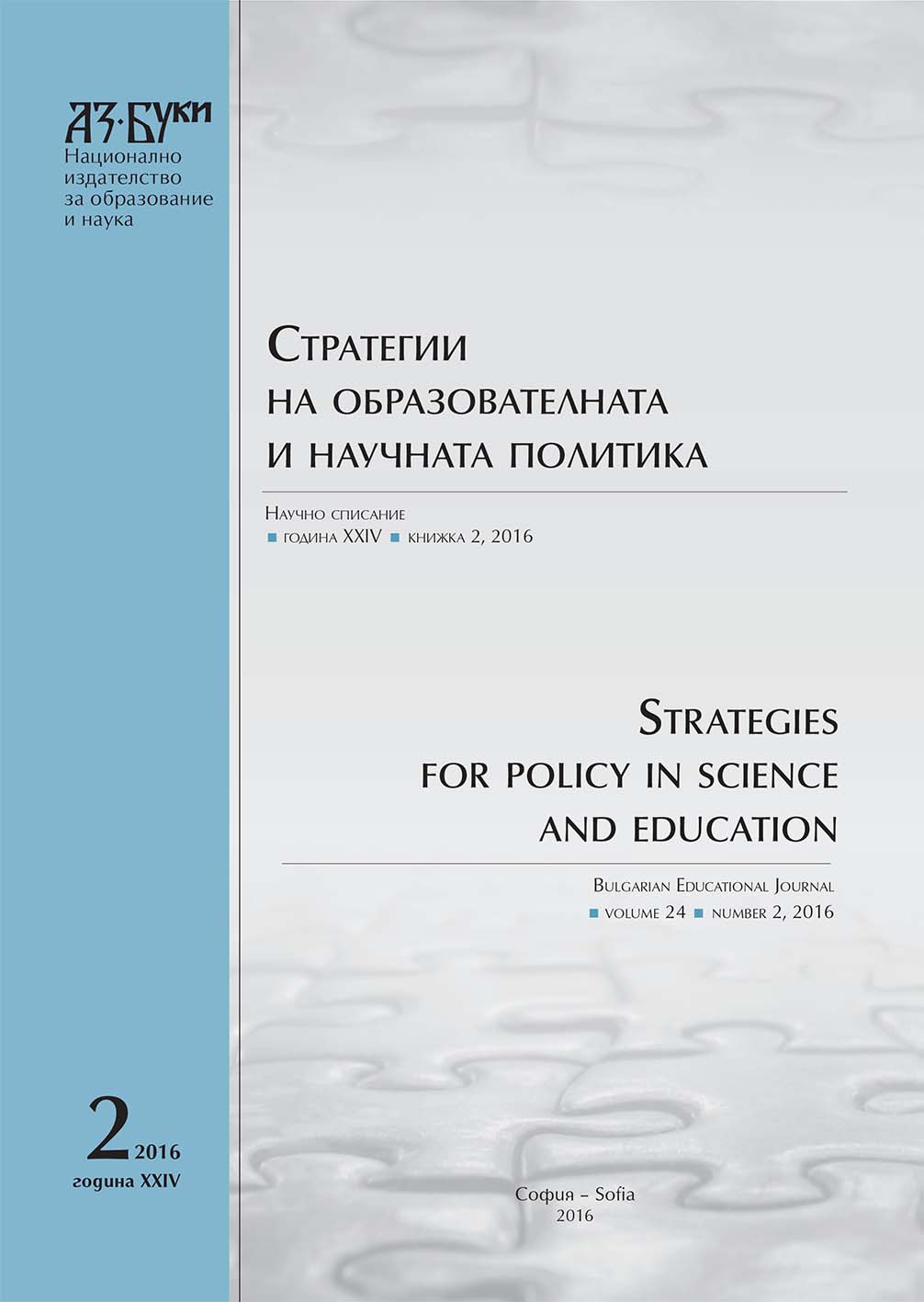
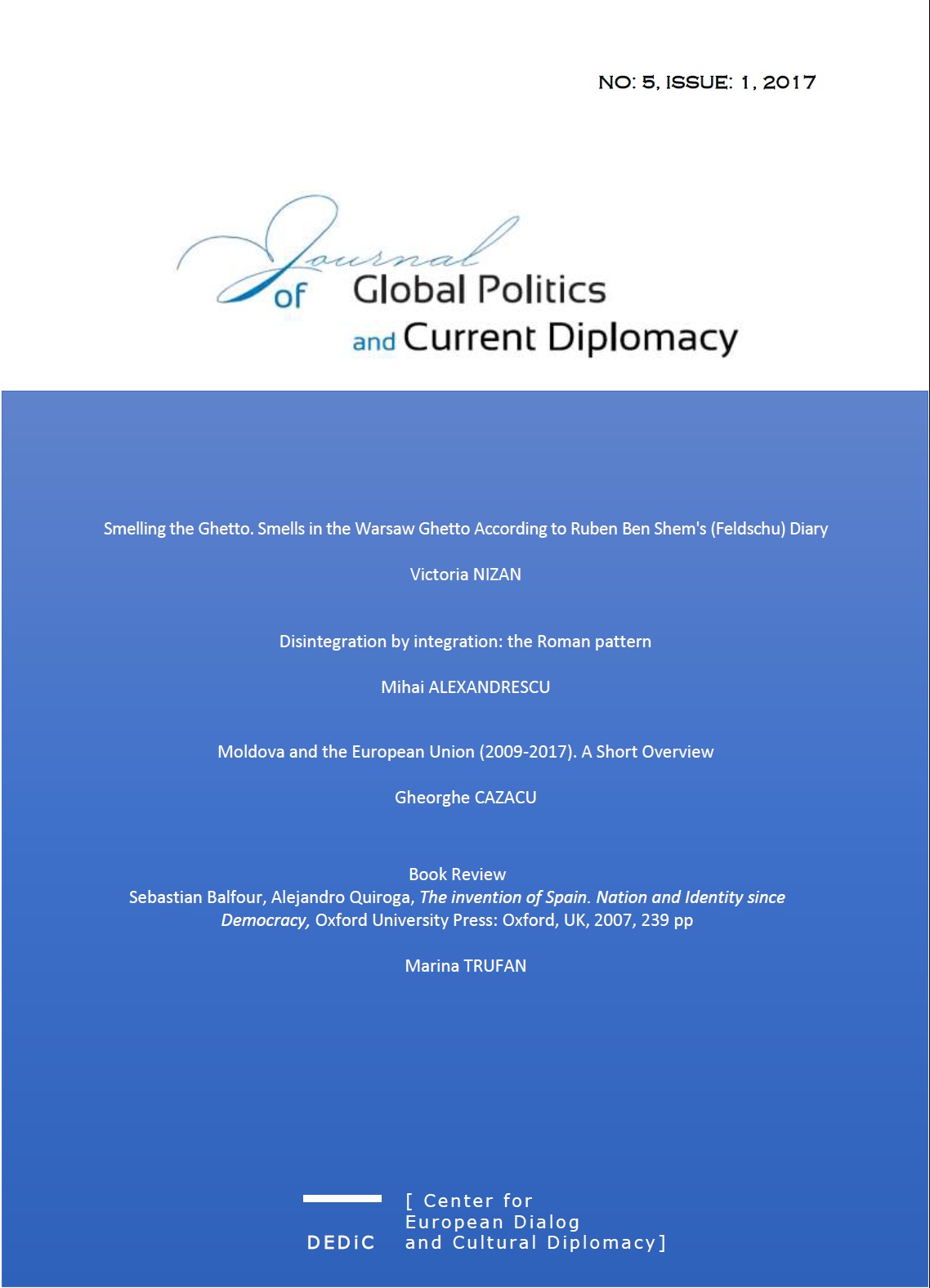
![Sandu Frunza, Fundamentalismul religios și noul conflict al ideologiilor, [Religious Fundamentalism and the New Conflict of Ideologies], the Second Edition, revised and enlarged, Cluj-Napoca, Școala Ardeleană Publishing, 2015, 429p](/api/image/getissuecoverimage?id=picture_2016_47396.jpg)
